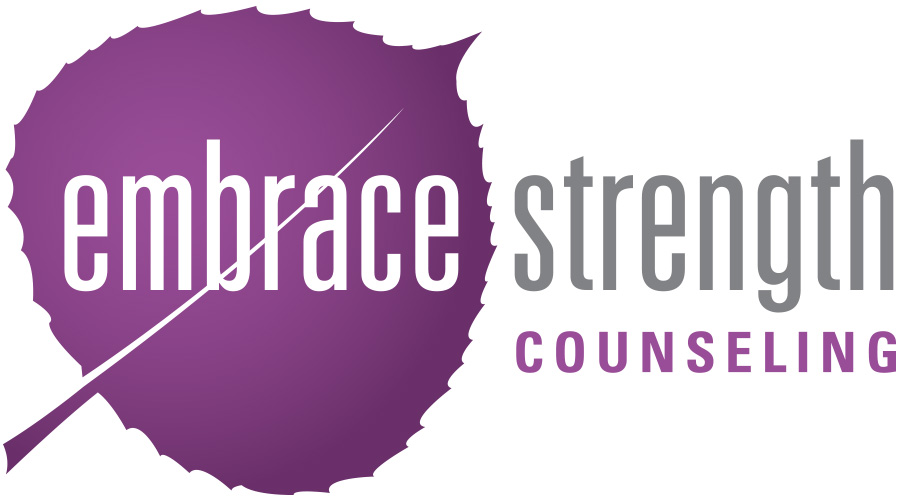
Feel Broken, Scared, Alone, or Hopeless?
- Have you experienced an event recently that left you feeling hopeless?
- Have you been feeling as though you are unable to express yourself or even feeling numb to emotions?
- Do you find yourself paralyzed by fear regularly?
- Have you ever felt as though something was wrong with you?
- Have you developed ongoing health problems — such as high blood pressure, hypertension, thyroid disorders, or fibromyalgia — as a result of your stress?
Traumatic experiences happen to all of us. According to the Sidran Institute’s Posttraumatic Stress Disorder Alliance, about 70% of American adults have experienced a traumatic event in their lives. Of that 70%, as much as 20% of those adults will develop PTSD. These can be learning experiences, but they can also change the way we view the world. It is as if you no longer know how to be who you were before the event. Yet the people around you expect you to be unaffected. You might find yourself thinking, “If I could just get over this, I could be normal! Everyone can move on so why can’t I?”
This is the tricky thing about trauma. A single event can be the worst thing to happen to Person A whereas Person B is relatively unaffected. How you react in the face of trauma is dependent upon numerous factors such as childhood trauma, a family history of mental illness, or even a poor social support system. This is where therapy comes in and can help heal. With a supportive, relational-focused therapist you can regain a sense of safety within your life.
Trauma-Focused Therapy Can Help You Feel Safe Again
Trauma is what happens to you; anxiety and depression happen within you. Imagine that you are in a snowglobe and all of a sudden the snow inside of the globe begins to move. This is like anxiety and depression when something stressful or upsettling happens. Now, imagine that you are in that same snowglobe and all of a sudden a rock hits the glass and a tiny crack appears. You might begin to feel scared that the glass will crack more. This is like a minor trauma happening. Let’s take this slightly cracked snowglobe and drop it on a concrete floor, shattering the glass. This would be equivalent to a major trauma, like a sexual assault. You can repair the glass after both types of traumas but there will always be signs that the snowglobe is not in it’s original, “untarnished” condition.
Therapy should never feel forced, and we find this even more true of trauma victims. Our priority is making sure you feel comfortable talking to your therapist. Our first session is always an information gathering session to help us create as full of a picture as possible. After our first session, we utilize a mixture of psychotherapy and somatic therapy techniques. Talking about our thoughts is helpful in increasing personal awareness. When feeling triggered, it can be crucial to understand your thoughts before you are willing to address the emotions that accompany them. Do your thoughts go from work-focused to survival-focused without any warning? Talk about it with your therapist!
What if talking about your thoughts and emotions are difficult? We believe that there is sometimes an unnecessary pressure to share every detail of a painful experience straight out of the gate. Depending on your experiences, it may be easier to talk about thoughts without the pressure of emotions. This is why we focus heavily on the relationship between the therapist and client. If you are sharing more than you are comfortable during a session, this can be harmful to our relationship and your healing. With each session, we focus on learning more about what happened and how it has affected your life. For some, this involves research articles and books. For others, we use drawing or writing to express what you feel is necessary to release.
Another primary technique we utilize during trauma-focused sessions is somatic therapy. This is a fancy way of saying that we encourage clients to use multiple senses to experience. Using multiple senses is helpful for a number of reasons. Firstly, it can help ground you when you begin to feel triggered. Using other senses also has the ability to pull you into the current moment rather than being stuck in a painful memory. Once your body is grounded in the present, you can pull yourself away from the past. Another reason why somatic therapy is wonderful during a trauma-focused session is that you can learn to understand your trauma. Some traumas are easier recognized than others. For example, think of a time when you were stuck in a scary situation where your muscles were tensed for hours. Are your muscles tensing right now? What thoughts are going through your mind in addition to your tensing muscles? What are you feeling? This is just a brief example of what our session might sound like if you are re-experiencing trauma.
We have had the opportunity to watch teenagers and adults transform how they experience the world when they commit to the therapeutic process. We built relationships that were safe, but challenging. It is our goal to make you feel heard and understood while also challenging you to create the life you desire. We will not lie and tell you that healing from trauma is easy because it is not. It takes a willingness to face pain and attempt to change the outcome. What we will do is be right beside you to make sure that you do not have to feel alone. We will be right there with you celebrating even the tiniest goals that have been met.
But You May Still Have Questions About Trauma Therapy . . .
How will know if I am ready to address traumatic memories?
You will know when you are ready. In many cases this moment is clear when you reach a “breaking point”. Many client’s with a history of trauma have said that they were doing fine until something happened. It may have been an equally traumatic event or something as simple as meeting a new person who reminded them of an abuser. We regard these “breaking points” as signs that you are ready to address traumatic memories. They are usually the things that pushed you to realize that how you are interacting with the world is not what you want. You have been met with more than you can handle and if you are seeking help in any way, your body and brain are trying to tell you that something needs to change.
What if I get triggered and everything gets worse after I start therapy?
This is a normal part of the process. Part of healing from trauma is learning to recognize when you are reminded of that trauma. Unfortunately, this usually involves re-experiencing trauma which can be extremely painful. A professor who had spent decades working with victims of domestic violence once said that you have the most potential for lasting changes if you re-experience trauma with the opportunity to change the environment and your response. A phrase that we frequently use during this phase of trauma-focused therapy is that things will get worse before they get better.
How much time will I actually need to commit to therapy?
We typically meet with clients once a week for 50-minute sessions. Between sessions, the time that you feel willing and able to commit may vary. The therapeutic process looks different for every person, but consistent effort throughout the process leads to increased success. A couple questions that may be helpful to determine how much effort you can reasonably devote to individual healing is, “What are my priorities today? What will self-care look like today?”
You Can Heal from Trauma . . .
If you would like to schedule an appointment or have questions about how we can support you, please call us at 303.720.9424 or email us at catherine@embracestrengthcounseling.com or kaitlyn@embracestrengthcounseling.com. We offer a free 20 minute initial phone consultation to see if it’s a good fit. Our team has daytime and evening appointments available, in-person or virtually.

Team Spotlight: Meet Kate!
We are so excited to welcome Kate Kastens-Moylan to the Embrace Strength Counseling team! Kate graduated with her Master’s in Counseling Psychology in 2021 and went on to work in her own private practice for over two years. After noticing that she felt isolated and...

The Not-So-Jolly Holidays: Coping with Painful Generational Trauma
The holiday season brings more than holiday cheer – it can bring back old trauma.

The Not-So-Jolly Holidays: Confronting Challenges of the Season
Let’s get real about the not-so-jolly moments of the holiday season.
